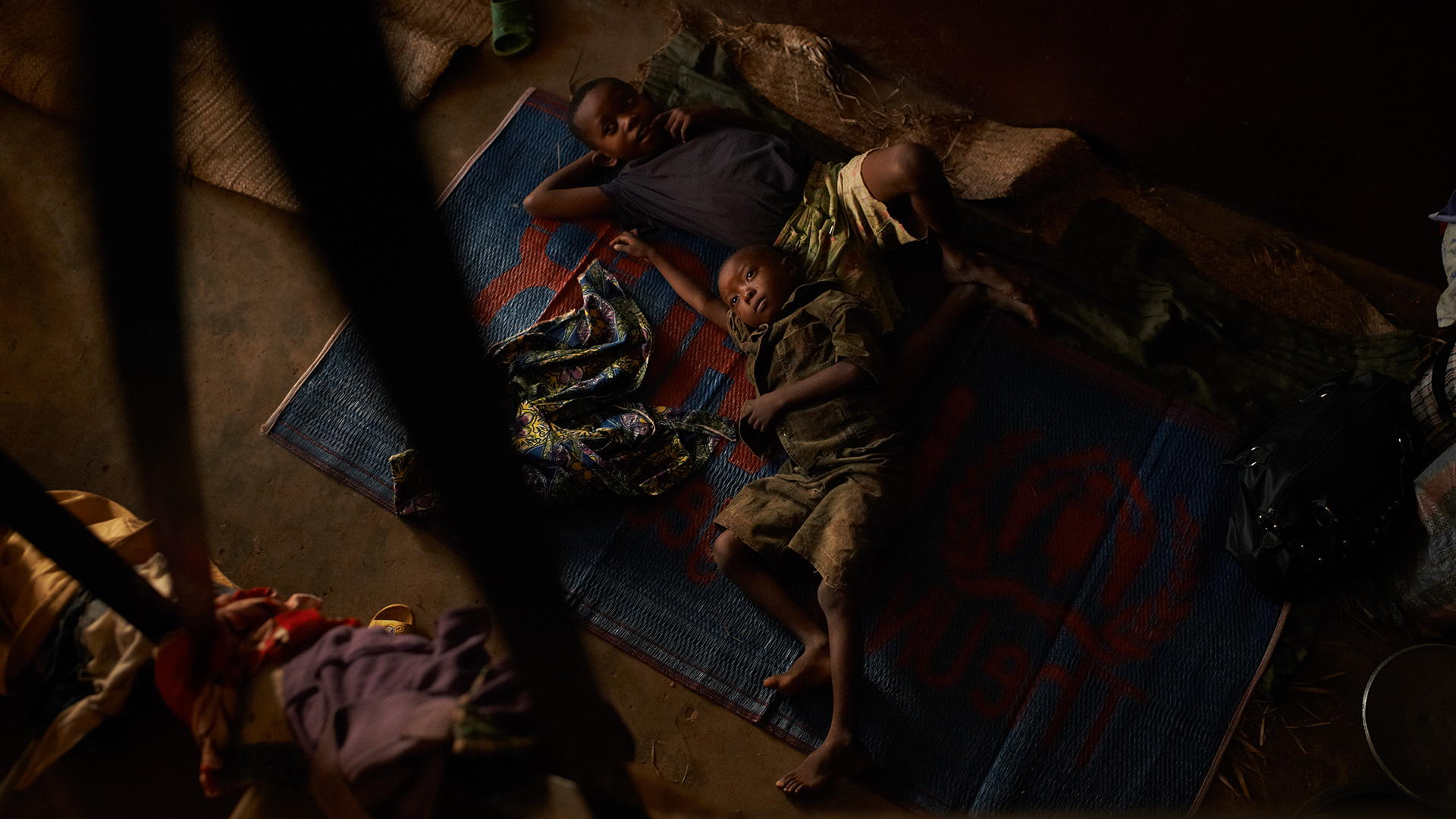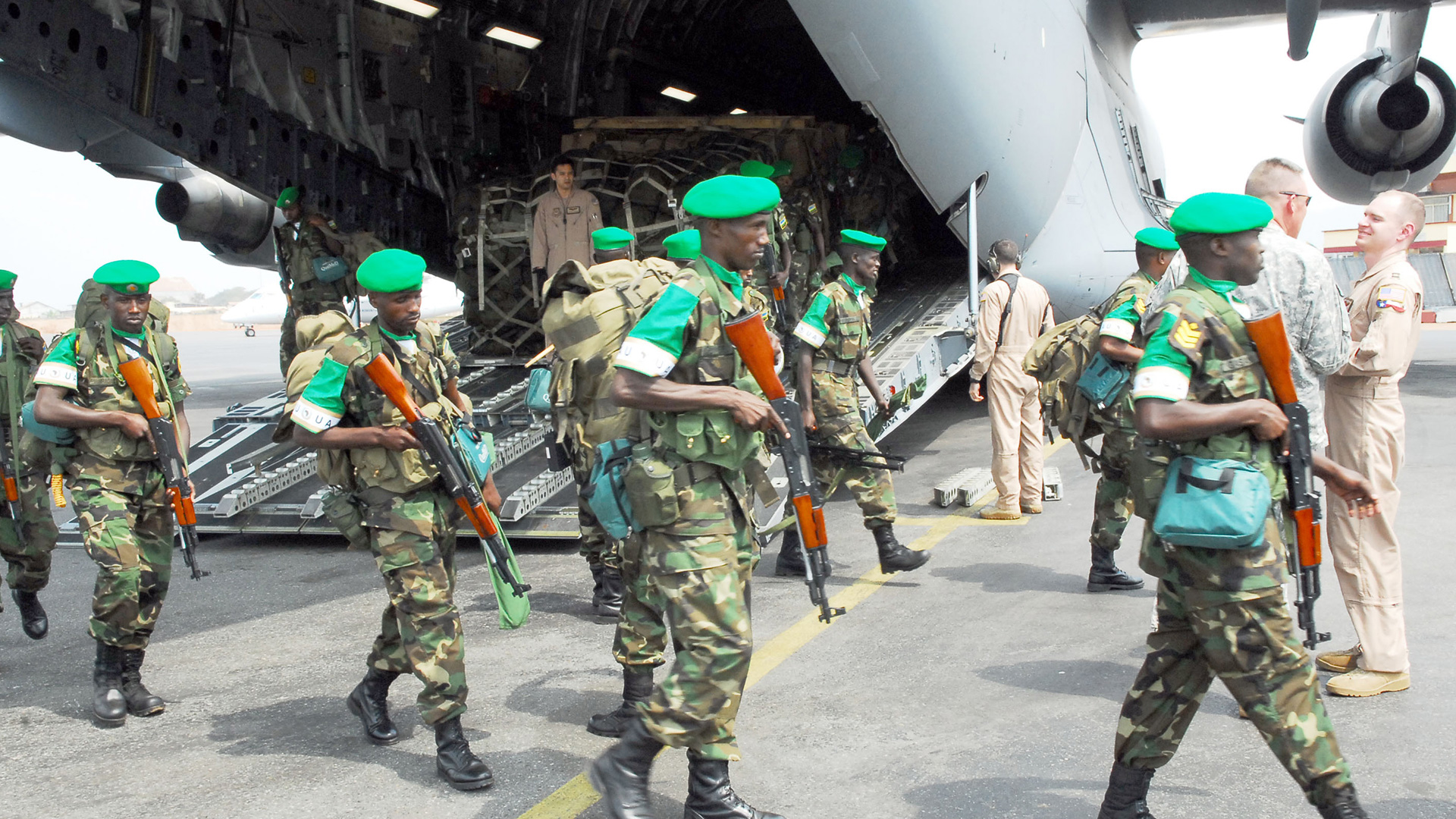What’s happening?
At the invitation of Christian and Muslim faith leaders in the Central African Republic, the Aegis Trust visited CAR in 2014 to meet with community leaders and Government ministers – including interim President Catherine Samba Panza – to explore ways in which lessons from Rwanda could be applied to strengthen peacebuilding and the restoration of social cohesion in the country. Over 5,000 civilians had been killed and hundreds of thousands driven from their homes as a result of violence involving the mainly Muslim Seleka and Christian ‘Anti-Balaka’ militias.
In 2015, Aegis brought the testimony of Rwandan genocide survivors to the Bangui Forum for National Reconciliation, which involved the government and leadership from a wide range of stakeholders across CAR. As part of a peacebuilding partnership in CAR which includes Catholic Relief Services (CRS), World Vision and Islamic Relief, Aegis’ focus in CAR is now firmly on peace-building education.
Executions, rape and looting by Seleka in the mainly Christian country drove tens of thousands from their homes and led to the formation of Christian self-defence militias – the ‘Anti-Balaka’ (meaning ‘anti-machete’) – which quickly moved from fighting back against the Seleka to conducting their own widespread attacks on CAR’s Muslim minority. Before 2014 was out, over 5,000 people had been killed and more than 850,000 remained displaced – with most of the country’s Muslims driven into exile as refugees.
With security assistance from a UN peacekeeping mission, the transitional government of Catherine Samba-Panza set about trying to stabilise the situation.
In May 2015, the ‘Bangui Forum for National Reconciliation’ drew around 700 leaders from across the political, religious and social spectrum in CAR. The forum adopted several resolutions impressive in their scope. These included a new disarmament and demobilisation agreement, signed by the Seleka and Anti-Balaka with the transitional Government; the release of child soldiers by both militias (numbering up to 10,000, according to UN estimates); a revised timeline for elections; creation of a nationwide justice and reconciliation process; and identification of development priorities to try to kickstart the country’s wrecked economy. Within days of signing the agreement, hundreds of child soldiers were released by the militias as a token of their commitment to this new peace deal.
What’s Aegis doing?
[/fusion_builder_container padding_right="30px" padding_left="30px" ]





